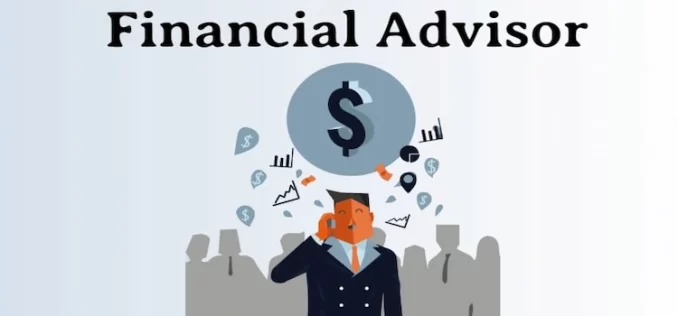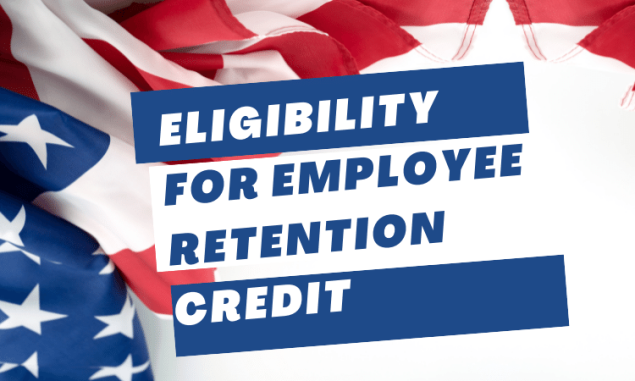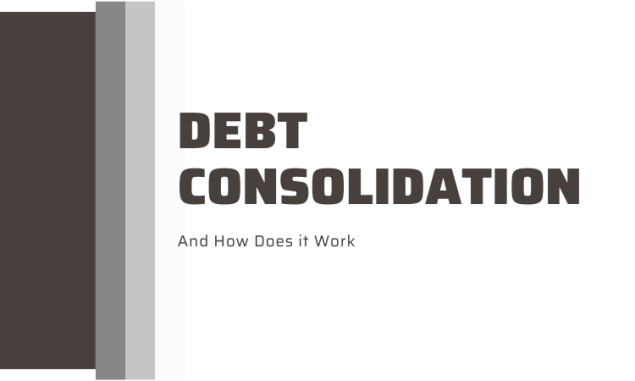Investing can be a great way to build wealth and reach financial goals. You should take time to do your research and learn as much as possible about investing.
These hacks can help you reach your goals faster and with less of a headache. But before you put your money in the stock market, it’s essential to consider these seven financial hacks.
Factors to consider when making investment decisions
1. Make a Budget
Making small changes in your budget will allow you to save more money without giving up much of what’s important to you.
Shoving more cash into your savings account or retirement fund isn’t going to do you much good if you don’t know how much money you already have. Consider what expenses are necessary to maintain a comfortable lifestyle or meet your financial goals.
These should be paid first before anything else goes out of your account. Then fill in the rest of the blanks with other expenses that are important but not necessarily necessary.
Once everything is accounted for, look at what’s left over at the end of each month and decide how much of this money can go toward your savings and investments versus how much needs to be set aside for unexpected expenses or emergencies: such as car repairs or medical bills that could happen at any time.
One should also consider investing in NinjaTrader indicators which are visual tools that help traders see what is going on in their markets.
2. Pay Off Debt
If you have credit card debt or other loans, paying them off should be your priority in building wealth.
If you’re carrying $10,000 in credit card debt at 18% interest, that means for every $100 you spend each month on credit cards, $18 goes toward interest charges instead of building up your savings account or retirement account. Instead of spending that money on things like clothes or dinners out with friends, consider putting that money toward paying off debt instead. This will save you money in the long run!
3. Know When It’s Time to Sell
If you’re holding on to an investment because you want to “let it ride,” and it goes down instead of up, it may be time to cut your losses.
For example, if you bought shares in a company that has performed poorly over the past year, and they’re now trading at less than half their value when you bought them, then now is probably the right time to sell.
4. Keep Track of Taxes and Fees
There’s no way around paying taxes on your investments, but there are ways to reduce them. Make sure that any fees pertaining to your investments are reasonable and disclosed clearly.
If not, consider switching providers or reducing the amount invested with that particular provider until fees are reasonable.
5. Don’t Get Greedy or Fearful
This goes hand-in-hand with the first tip: don’t invest just because someone else did or because the price has gone up recently.
If you’re buying a stock, it should be because of its intrinsic value, not because everyone else is artificially buying it and driving up the price.
The same goes for selling: if you’re selling a stock for a loss, try to remember why you bought it in the first place, so you don’t make the same mistake twice!
6. Don’t Get Emotional
Many investors make decisions based on how they feel about an investment rather than whether it’s a good long-term decision or not.
Avoid this mistake by taking time to analyze every aspect of an investment before jumping in with both feet. Also, don’t assume that just because something worked well in the past, it will continue to do so in the future.
7. Stay Diversified
Diversification is spreading out your investments so that if one goes down, others will go up. A good rule of thumb is to have at least three different types of investments in your portfolio. Stocks, bonds, and cash. If one goes down, another can help cushion the blow.
Investing is a very important step for getting ahead; the earlier you start, the better. The best financial hacks don’t rely on complicated strategies or gimmicks but rather on simple ideas that can be applied to your everyday life.









